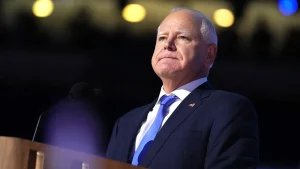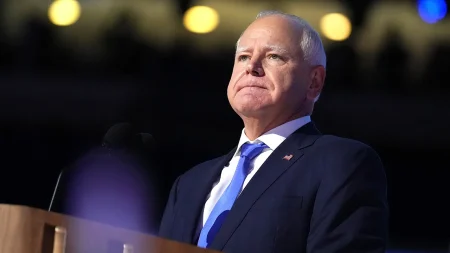Head Start Protections Upheld: Federal Judge Blocks Exclusion of Immigrant Children
In a decisive ruling that underscores the importance of accessible early childhood education, a federal judge has issued a nationwide injunction against a Trump administration policy that would have prevented undocumented immigrant children from enrolling in Head Start programs. This ruling represents a significant victory for immigrant families and advocates of inclusive education, preserving access to crucial preschool services for thousands of vulnerable children across the United States.
The controversy began in July when the U.S. Department of Health and Human Services (HHS) announced a reinterpretation of eligibility rules that would have reclassified Head Start and other community health programs as “federal public benefits.” This seemingly technical change carried profound implications—people without legal immigration status are generally ineligible for federal public benefits, meaning thousands of children would suddenly lose access to early education opportunities they had previously been entitled to receive. The policy shift represented a departure from decades of precedent established during the Clinton administration, which had specifically made these programs accessible regardless of immigration status. Head Start associations from several states quickly filed suit, arguing that the change would harm vulnerable children and disrupt a program that has served as a critical support system for low-income families for over six decades.
Federal Judge Ricardo Martinez’s ruling highlights the potential human cost of the policy change, noting it would force parents to lose childcare, risk unemployment, and potentially face inability to support their families. The judge found no compelling reason to alter an eligibility interpretation that had remained consistent for decades, emphasizing that such a change threatened access to services that families rely upon for stability and opportunity. The ACLU, representing the plaintiffs, estimated that more than 100,000 children faced potential disenrollment from Head Start programs due to the abrupt policy shift. Particularly concerning was the absence of any transition plan, which would have left families and program administrators scrambling to adjust to new requirements with little guidance or preparation.
Beyond the immediate impacts on enrollment, advocates raised significant concerns about how the policy would fundamentally change the relationship between Head Start providers and the communities they serve. The program has historically operated without screening applicants’ immigration status, allowing it to build trust with immigrant families and create safe spaces for early childhood development. Requiring providers to verify immigration status would likely sow distrust, potentially causing eligible families to avoid the program altogether out of fear and confusion. This chilling effect would extend beyond undocumented families, as mixed-status households—where some members have legal status while others do not—would face uncertainty about whether they could safely participate. The ambiguity over whose status would be checked—the child’s, caregiver’s, or another household member’s—created further confusion that threatened to undermine the program’s reach and effectiveness.
Head Start has played a pivotal role in American social policy since its inception during President Lyndon B. Johnson’s War on Poverty initiative. For more than half a century, it has provided comprehensive early childhood education, health, nutrition, and parent involvement services to low-income children and their families. Research consistently shows that quality early childhood education yields long-term benefits, including improved academic performance, higher graduation rates, and better life outcomes. These benefits extend beyond individual families to society as a whole, making Head Start not just a social service but an investment in the nation’s future. For immigrant communities specifically, Head Start has served as a crucial integration point, helping children develop English language skills and supporting families as they navigate life in the United States. The program embodies the principle that all children, regardless of their background or circumstances, deserve access to educational opportunities that allow them to reach their full potential.
The legal battle over Head Start eligibility reflects broader tensions in American immigration policy, where access to social services has become increasingly politicized. The Trump administration has pursued multiple policy changes aimed at restricting immigrants’ access to public programs, arguing that such measures discourage illegal immigration. Health Secretary Robert F. Kennedy Jr. explicitly framed the Head Start eligibility change in these terms, suggesting it would serve as a deterrent. Critics counter that such policies primarily harm children, who have no control over their immigration status yet bear the consequences of exclusionary policies. As this case moves forward, it highlights fundamental questions about America’s commitment to child welfare, educational equity, and the proper role of early childhood programs in supporting vulnerable families. For now, Judge Martinez’s nationwide injunction ensures that Head Start remains accessible to all eligible children, preserving a vital educational lifeline for immigrant families during a time of considerable uncertainty and change in the broader immigration landscape.









